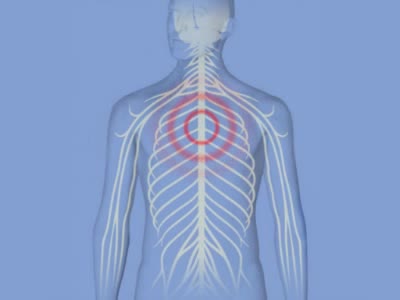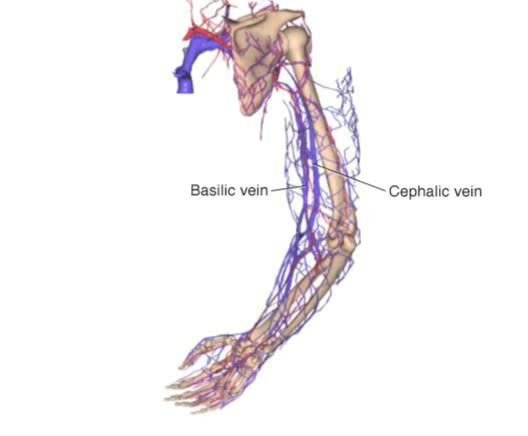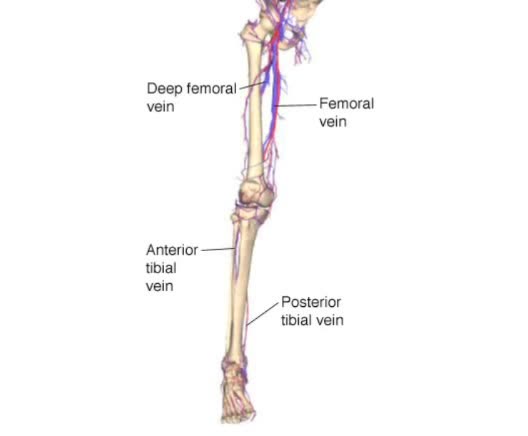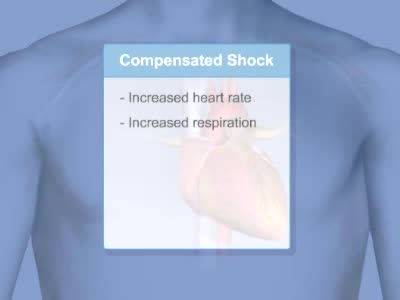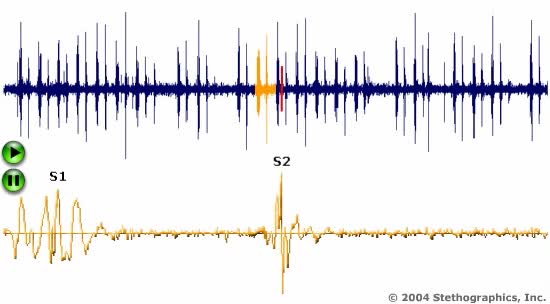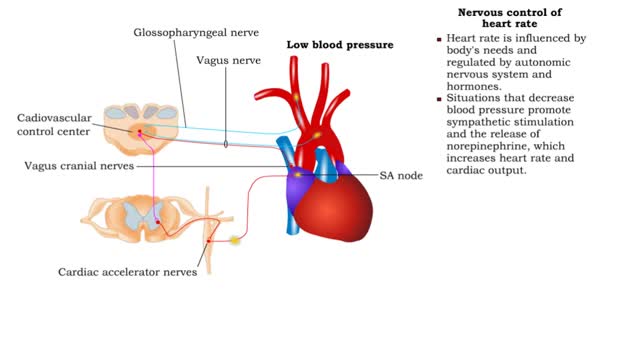Search Results
Results for: 'Heart condition'
By: Administrator, Views: 14266
Shock is a life-threatening condition in which delivery of oxygen to the organs is low, causing organ damage and sometimes death. Blood pressure is usually low.
By: Administrator, Views: 806
Arteries A branching system of vessels that transports blood away from the heart to all body parts. All arteries have a pulse, reflecting the rhythmical beating of the heart. Arteries Certain points are commonly used to check rate, rhythm, and condition of the arterial wall. Most commonly ...
By: Administrator, Views: 14536
Arteries A branching system of vessels that transports blood away from the heart to all body parts. All arteries have a pulse, reflecting the rhythmical beating of the heart. Arteries Certain points are commonly used to check rate, rhythm, and condition of the arterial wall. Most commonly ...
By: Administrator, Views: 14019
Shock is a life-threatening condition in which delivery of oxygen to the organs is low, causing organ damage and sometimes death. Blood pressure is usually low.
By: Administrator, Views: 14668
A heart attack occurs when an artery supplying your heart with blood and oxygen becomes blocked. Fatty deposits build up over time, forming plaques in your heart's arteries. If a plaque ruptures, a blood clot can form and block your arteries, causing a heart attack.
By: Administrator, Views: 14644
Coronary heart disease accounted for 23.5 percent of all deaths in the U.S. in 2008. According to the Centers for Disease Control and Prevention (CDC), about 735,000 Americans have a heart attack each year. Warning signs and symptoms include chest pain or discomfort and shortness of breath. Ex...
By: Administrator, Views: 14086
Everything you need to know about your heart
By: Administrator, Views: 900
An electrocardiogram (ECG, EKG) is a commonly used procedure in which the electrical events associated with the beating of the heart are evaluated. (A) Skin electrodes are applied to the chest wall, which send electrical signals to a computer that interprets the signals into graph form. An ele...
By: HWC, Views: 11484
• Heart rate is determined by the rate of depolarizations of the sinoatrial (SA) node. • Cardiac output is directly proportional to heart rate, the greater the heart rate the greater the cardiac output. • Changes in heart rate are associated with exercise, stress or injury. Nervous ...
Advertisement



